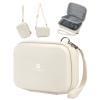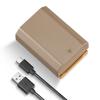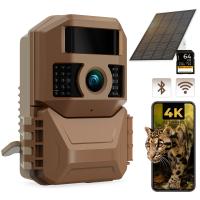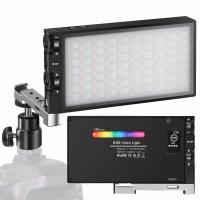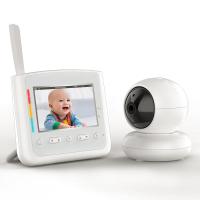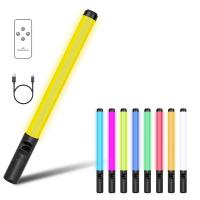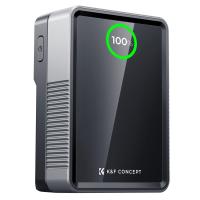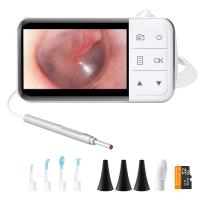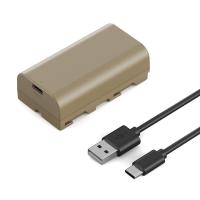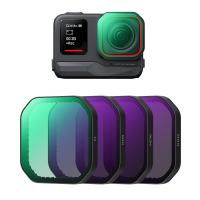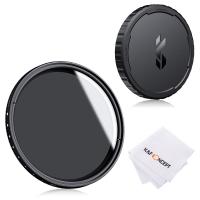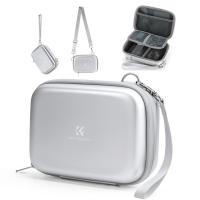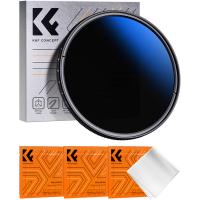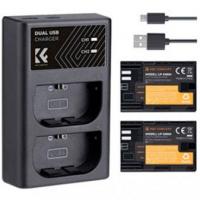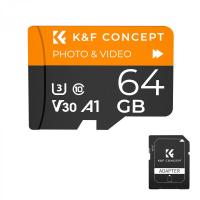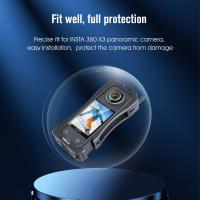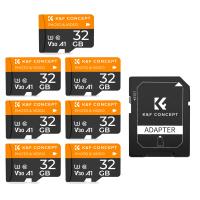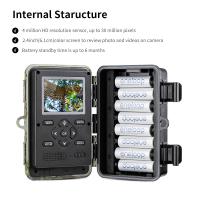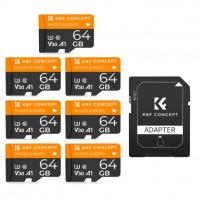How Long Does A Rechargeable Camera Battery Last?
Understanding the Lifespan of Rechargeable Camera Batteries: A Comprehensive Guide
In the world of photography, the reliability and longevity of your equipment are paramount. Among the various components that make up a photographer's toolkit, the camera battery is one of the most critical. Whether you're a professional photographer or an enthusiastic hobbyist, knowing how long your rechargeable camera battery will last is essential for planning shoots and ensuring you never miss a moment. This article delves into the factors that influence the lifespan of rechargeable camera batteries, practical tips for extending their life, and answers to common questions photographers have about battery longevity.
Factors Influencing Battery Lifespan
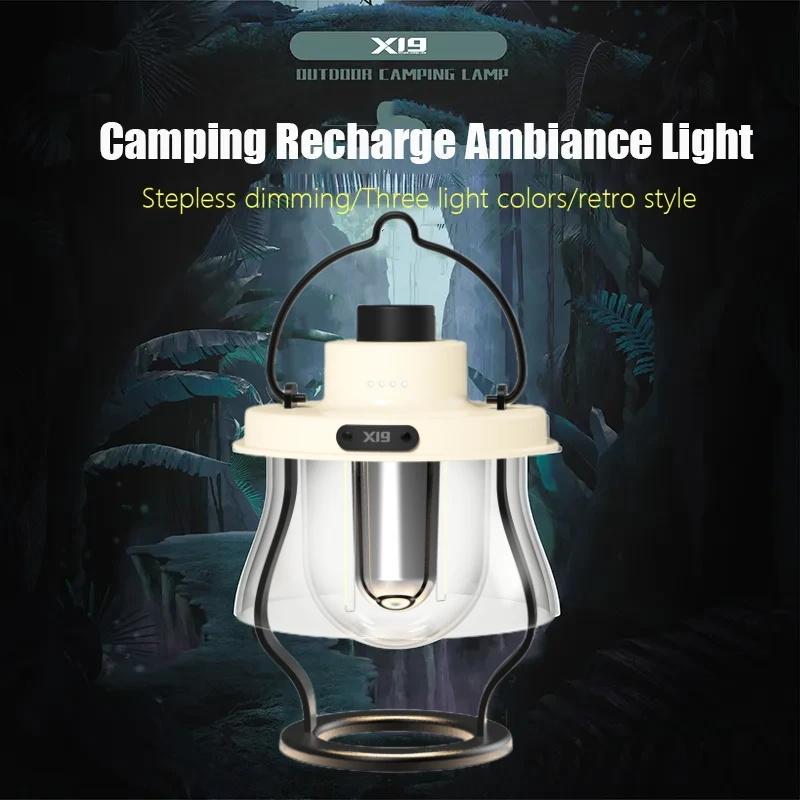
1. Battery Type
Rechargeable camera batteries come in various types, including Lithium-ion (Li-ion), Nickel-Metal Hydride (NiMH), and older Nickel-Cadmium (NiCd) batteries. Among these, Li-ion batteries are the most common in modern cameras due to their high energy density, low self-discharge rate, and lack of memory effect. Typically, a Li-ion battery can last between 300 to 500 charge cycles, which translates to about 2 to 3 years of regular use.
2. Usage Patterns
How you use your camera significantly impacts battery life. Continuous shooting, video recording, and using power-hungry features like Wi-Fi, GPS, and image stabilization can drain the battery faster. Conversely, occasional use and turning off unnecessary features can extend battery life.
3. Storage Conditions
Proper storage of batteries when not in use is crucial. Batteries should be stored in a cool, dry place, ideally at around 40% to 60% charge. Extreme temperatures, both hot and cold, can degrade battery performance and lifespan. For instance, leaving a battery in a hot car or exposing it to freezing temperatures can cause irreversible damage.
4. Charging Practices
Using the correct charger and following proper charging practices can significantly affect battery longevity. Overcharging, using third-party chargers, or frequently charging the battery to 100% can reduce its lifespan. It's advisable to use the manufacturer's recommended charger and avoid leaving the battery plugged in after it reaches full charge.
Practical Tips for Extending Battery Life
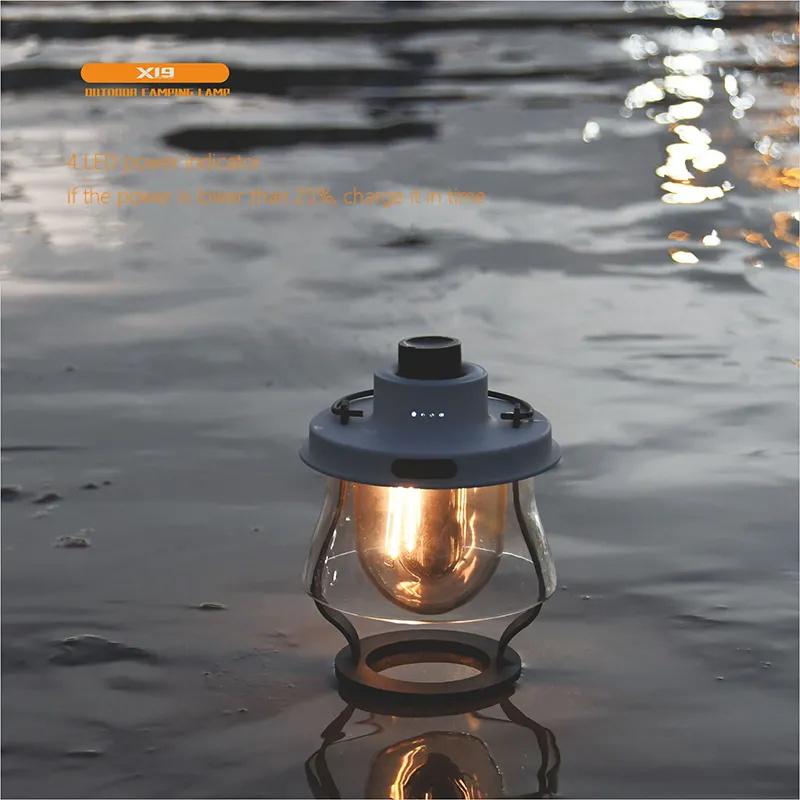
1. Optimize Camera Settings
Adjusting your camera settings can help conserve battery power. Lowering the screen brightness, turning off Wi-Fi and GPS when not needed, and using the viewfinder instead of the LCD screen can all contribute to longer battery life.
2. Carry Spare Batteries
For extended shoots or trips, carrying spare batteries is a practical solution. This ensures you have backup power and reduces the need to frequently recharge a single battery, thereby extending its overall lifespan.
3. Regular Maintenance
Regularly cleaning the battery contacts can improve efficiency and prevent power loss. Use a dry cloth or a cotton swab with a small amount of rubbing alcohol to clean the contacts.
4. Firmware Updates
Manufacturers often release firmware updates that can improve battery performance. Keeping your camera's firmware up to date can help optimize battery usage and extend its life.
Common Questions About Battery Longevity
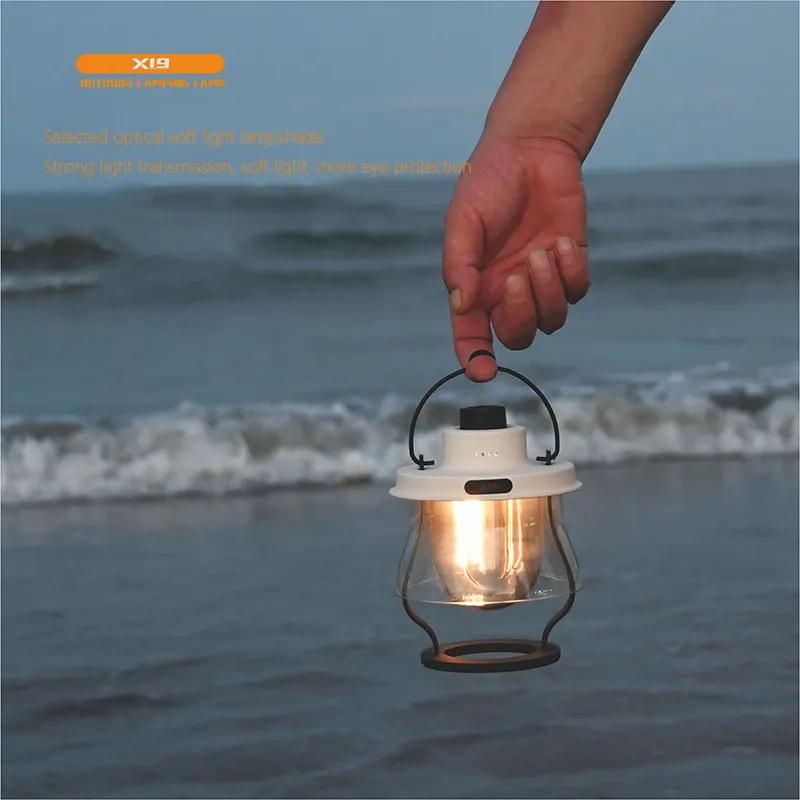
1. How Long Does a Fully Charged Battery Last During Use?
The duration a fully charged battery lasts depends on several factors, including the camera model, battery capacity, and usage patterns. On average, a fully charged Li-ion battery can last between 300 to 800 shots. For video recording, it can provide power for approximately 1 to 2 hours of continuous shooting.
2. How Can I Tell If My Battery Is Deteriorating?
Signs of a deteriorating battery include reduced capacity, faster discharge rates, and the inability to hold a charge. If you notice that your battery life is significantly shorter than when it was new, it may be time to replace it.
3. Is It Better to Fully Discharge a Battery Before Recharging?
Unlike older NiCd batteries, modern Li-ion batteries do not suffer from the memory effect, so it's not necessary to fully discharge them before recharging. In fact, partial discharges and recharges are better for Li-ion batteries and can help extend their lifespan.
4. Can I Use Third-Party Batteries?
While third-party batteries can be more affordable, they may not always meet the same quality and safety standards as the manufacturer's batteries. Using third-party batteries can sometimes void your camera's warranty and may pose risks such as overheating or leakage. It's generally safer to use batteries recommended by the camera manufacturer.
The lifespan of a rechargeable camera battery is influenced by various factors, including the type of battery, usage patterns, storage conditions, and charging practices. By understanding these factors and following practical tips for battery maintenance, photographers can maximize the longevity and performance of their camera batteries. Whether you're capturing fleeting moments or shooting extended video footage, having a reliable battery ensures that your camera is always ready to perform at its best. Remember, a well-maintained battery not only enhances your photography experience but also protects your investment in your camera equipment.






